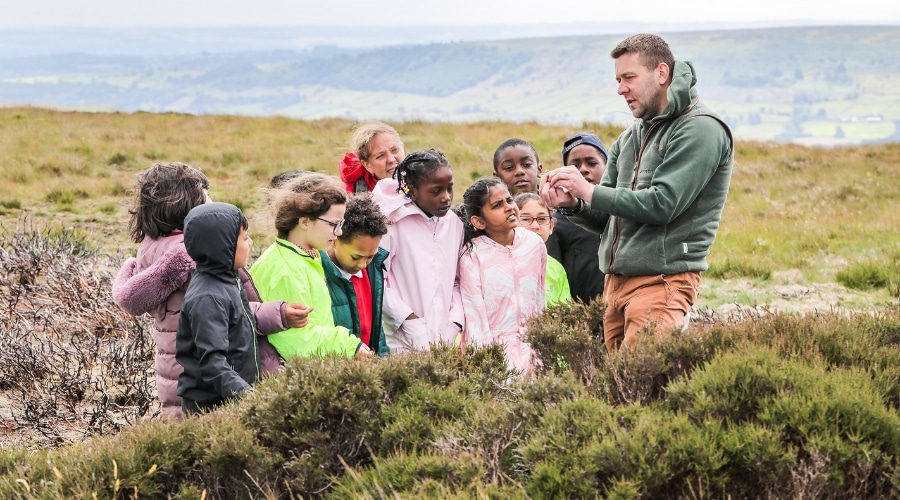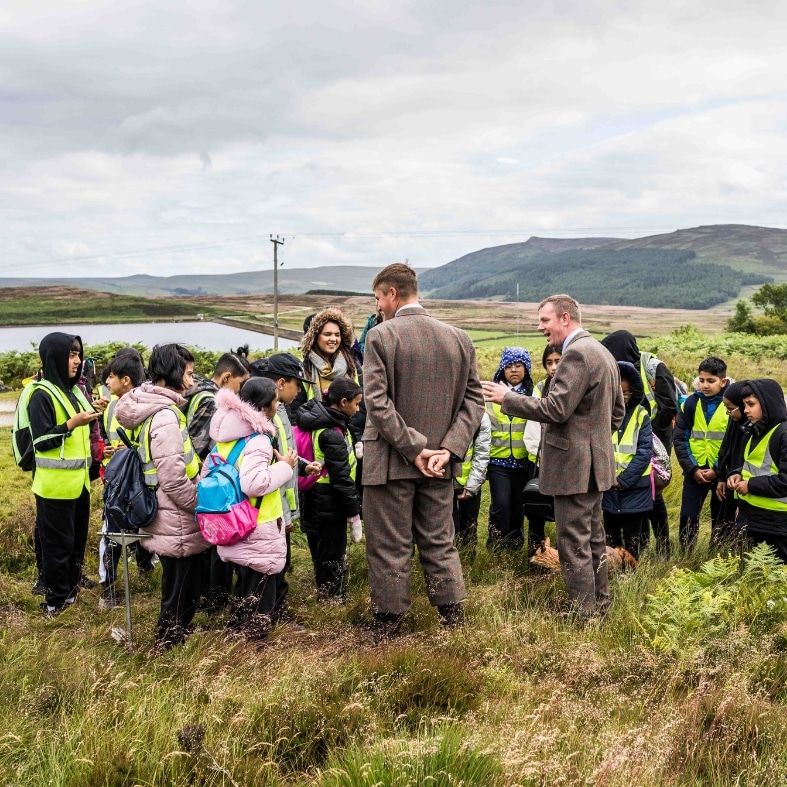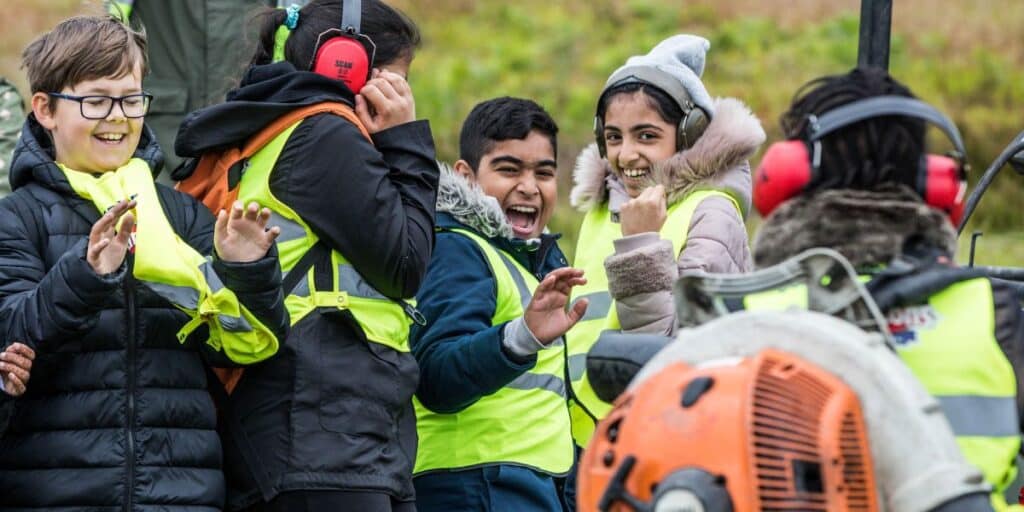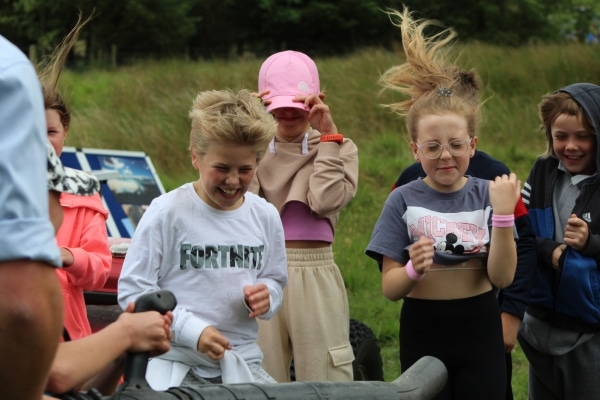
Moor fantastic than ever: Let’s Learn Moor 2023
Packed with fun and interactive lessons, schools from across the North of England attended Let’s Learn Moor 2023, which took place at eight locations from 3-7 July.
Get information on the legal shooting season for mammals and birds in the UK.
Apply for funding for your project or make a donation today
Comprehensive information and advice from our specialist firearms team.
Everything you need to know about shotgun, rifle and airgun ammunition.
Find our up-to-date information, advice and links to government resources.
Everything you need to know on firearms law and licensing.
All the latest news and advice on general licences and how they affect you.


Today we are at the half-way point of Let’s Learn Moor 2024 and are set for another record year.
Wednesday is the third day of Let’s Learn Moor 2024, with events being held across the north of England from 1 to 5 July. We’ve had sunshine, wind and rain so far this week, but the weather hasn’t stopped the children from making the most of their moorland experience.

Let’s Learn Moor is an initiative that aims to give children a chance to experience iconic and unique moorland landscapes. It is our responsibility to ensure this landscape is preserved and maintained for the future.
Let’s Learn Moor’s mission is to raise awareness of the importance and uniqueness of heather moorland and ensure young people grow up to cherish and respect it. The initiative is co-ordinated by BASC, Countryside Learning and the Regional Moorland Groups and involves more than 50 partner organisations, including farmers, wildlife trusts, local businesses, emergency services and estate staff.
This year, more than 2,600 children will visit the moorlands across the area, bringing the total going through the Let’s Learn Moor experience since its launch in 2017 to more than 12,500.
At each location, children have an opportunity to learn about the importance of moorland management, the species of flora and fauna found in the uplands and the work fire and rescue services do to ensure the safety of those who live in and visit the area.
The children can see some of the plants and animals up close, including bees which help pollinate the heather, Swaledale sheep, sphagnum mosses or the insect-eating sundew plants. Some are even lucky to catch a glimpse of curlew, red grouse, lapwings, oystercatchers and other endangered species of birds which call moorland their home.
Sheep farmer, Paul Newbold, said: “It’s been a very enjoyable day teaching the kids about what we do in the countryside. I think a lot of the kids have learnt a lot about what we try to do.”
Many other attractions are waiting for the children, though. We have various tools and equipment used by moorland managers on display. Children had a chance to sit in massive tractors and beep the horns to everyone’s delight. Everyone got to wield massive leaf-blowers and water pumps used in fire management on the moors, create their own little moorland habitats with the help of Yorkshire Wildlife Trust and taste real heather honey.
Ed Marsh from North York Moors National Park said: “Let’s Learn Moor gives us a fantastic opportunity to engage with young people and to show them the importance of partnership working in restoring our uplands. It’s a great opportunity to teach them about the vegetation found here and its role in not just carbon storing, but also natural flood management and wildlife.”
Everyone involved works very hard to ensure every child has the best day and takes home experiences to remember. It is incredibly rewarding so see so many smiling faces and moorland filled with laughter.
During the day we caught snippets of conversations between the children and teachers. One girl said that, once she becomes a teacher, she will “definitely bring my pupils to Let’s Learn Moor”. We could also hear shouts of “this is fun!” or “this is so cool!” coming from the children chasing each other and running from one experience point to the other.
Andrew Howarth from Darley Primary School said: “We live in the area and bring the children up onto the moors so they can learn about the local wildlife and what people do to protect it. We always have a great day here and the kids come back having learnt a lot about the moor.”
All this is by far the best feedback we could ever hope for. We can’t wait to be back next summer to break another record.
You can read more about Let’s Learn Moor here.


Packed with fun and interactive lessons, schools from across the North of England attended Let’s Learn Moor 2023, which took place at eight locations from 3-7 July.

This year’s Let’s Learn Moor will see more than 2,500 children visit upland landscapes across eight sites in the north of England this July.

Let’s Learn Moor, which runs from 23 June – 4 July, will see children from more than 70 schools visit upland locations across the north of England.